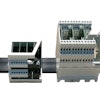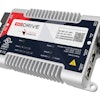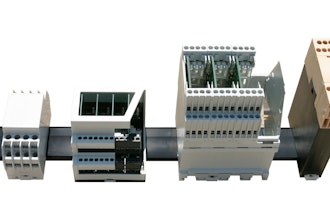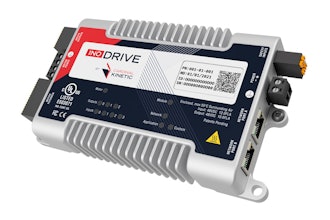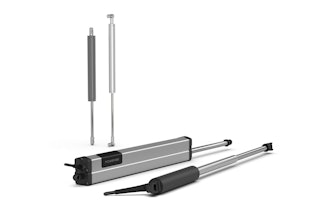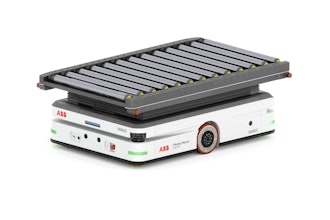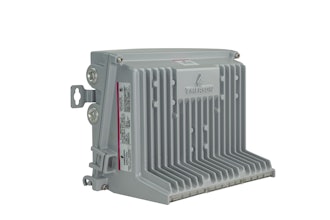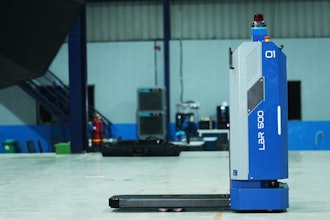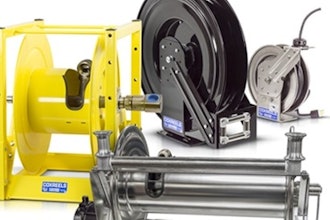
The evolution of information technology over the last decade has transformed mobile phones from simple call-making devices to more complex information processing machines. Through sophisticated processors and server integrations, mobile phones have capabilities to quickly collect, process and disseminate large sets of data. These features have made mobile technology a key player to kickstart or accelerate the digital revolution under any industrial setting.
Some of the key benefits of implementing mobile technology include:
1. Improved communication. As mobile phones have become more affordable, many industries are adopting them as their primary mode of communication. Compared to slower archaic methods such as faxes, letters, and paper transcripts, mobile phones provide the capability to instantly send or broadcast messages to the whole team whether they are in the production line, warehouse, or office. The push email or chat service available in most smartphones also enables real-time collaboration among team members, thus improving levels of communication.
2. Improved field data collection process. Mobile devices enable the collection of a variety of data such as equipment performance, human safety, worker performance, production status, customer satisfaction, etc. The mobile-based survey forms or checklists can be created to provide a structured format to collect data around pertinent parameters, thus increasing the accuracy of the overall data collection process. The evidence-based mobile data collection also provides the foundation of a strong database that is vital to subsequent data-driven business analytics and decision making.
3. Improved plant operational effectiveness. Systematic use of mobile technology to analyze collected data can also result in improving the operational effectiveness of the overall production process. For example, a worker in the fast-paced production environment can take a picture of a failed component and send it immediately to the warehouse for ordering the replacement - saving time and improving overall production efficiency.
Similarly, mobile-based Computerized Maintenance Management Systems (CMMS) can also integrate work order management systems into smartphones. This feature allows employees to fill maintenance reports and select failure modes directly from their phones at the site. This will prevent them from returning to their physical workstation time and again for filing the paperwork, thus reducing the repair time and improving the effectiveness of the maintenance management process.
4. Improved emergency preparedness. Due to the lack of sophisticated mobile technology almost a decade ago, the industrial sector was at the primitive stage of what is called modern emergency response planning. People often had to leave their designated places regardless of the situation they are in to go to the address station and report to the controller about the presence of an emergency – often unsafe to do so in many scenarios such as fire or imminent danger to health such as cardiac arrest, exposure of dangerous chemicals, etc.
However, the use of mobile technology has dramatically increased the safety and well-being of employees at work. For example, in case of an emergency, the smartphones can be instantly used to call emergency toll-free services to call response teams both internal as well as external to the organization. The mobile communication of emergency-related information can bring a benefit of quick response that is especially needed in safety-critical industries such as oil and gas, pharmaceutical and nuclear power stations.
5. Improved product diagnostics. One of the interesting features that has recently been developed are mobile maintenance applications that have enhanced the ability to perform diagnostics on equipment and products. Most of the equipment present in the industrial setting undergo degradation that can be visually detected such as discoloration, rusting, broken apart pieces from machines, etc. The processors provided with any standard smartphones have now reached capabilities to process advanced image processing algorithms that can differentiate deteriorating assets from healthy ones just by taking their pictures.
Mobile phones can also be used to detect equipment specifications by scanning them through the Quick Response (QR) recognition system. Upon scanning, mobile applications integrated with the server can pull out the necessary information for that equipment serial number such as its failure codes, breakdown history and maintenance record thus facilitating technicians in performing necessary diagnostics and operational restorations.
6. Improved quality of reporting. Mobile phones can help ensure consistency and quality of data reporting through the use of standard templates for work orders, forms, and inspection checklists. In the past, workers had to fill the defect report and work orders on a piece of paper that is always subject to human biases and inaccurate information – due to varying levels of worker expertise.
Mobile phones have applications that can allow workers to select information from drop-down lists or a repository of failure codes instead of writing open-ended text narratives. This helps avoid human biases in data reporting. This feature also provides a consistent stream of clean data vital to accurate statistical plant reliability analysis.
Probably the biggest advantage of mobile technology is its capability to increase operational performance by enabling us to quickly share and access information on the spot. Need to review a checklist, a SOP, a LOTO procedure, asset and performance history, or find vendor contact information? In the past this would have required going to a central location and digging through file cabinets, hoping the information has not been lost or destroyed.
In a time where having the right data at the right time is so important, the application of mobile technology is not a luxury - it is a necessity.
Bryan Christiansen is the founder and CEO of Limble CMMS.

